Research output management systems: are they designed for HASS researchers?
VALA2022 CONCURRENT 5
Tuesday 14 June 2022, 12:30 – 13:00
Niamh Quigley
- Research Associate
- Curtin University
Hollie White
- Senior Lecturer, Postgraduate Coordinator of Libraries, Archives, Records and Information Science
- Deputy Director of Graduate Research
- Curtin University
Julie Clift
- Coordinator, Research Services
- Curtin University
Please tag your comments, tweets, and blog posts about this session: #vala2022 #os5
Read the paper here:
Abstract
This paper provides insights on how research output management systems are not meeting the needs of HASS (humanities, arts and social sciences) researchers. Three projects at Curtin University are discussed, with the shared goal of providing better support for HASS researchers to make their non-traditional research outputs available as open access.
 Biography
Biography
Niamh Quigley graduated from the Master of Information Management at Curtin University in June 2021. Prior to this recent qualification in libraries, records and archives, Niamh had ten years professional experience in software test management. Combining these two areas has led to an interest in how to better represent research communities in institutional software systems, and how to increase the prevalence of open access. She is currently a casual academic at Curtin University in the School of Media, Creative Arts and Social Inquiry.
Dr. Hollie White is a Senior Lecturer in Libraries, Archives, Records and Information Science (LARIS) at Curtin University where she teaches and researches in the areas of metadata, cataloguing, and social justice. A former digital librarian, Hollie is passionate about making the world a better place through library education and metadata activism. She currently 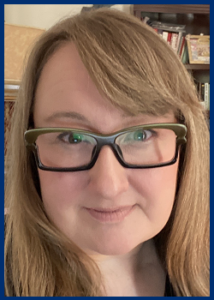 serves as the Postgraduate Coordinator for LARIS and is the Deputy Director of Graduate Research for the School of Media, Creative Arts, and Social Inquiry within the Curtin Faculty of the Humanities.
serves as the Postgraduate Coordinator for LARIS and is the Deputy Director of Graduate Research for the School of Media, Creative Arts, and Social Inquiry within the Curtin Faculty of the Humanities.
Julie Clift is Coordinator, Research Services at Curtin University with responsibility for the institutional repository (espace). Julie has led the espace team since May 2017. Prior to this Julie worked in a variety of roles in Curtin University Library, primarily involved with acquisitions and access to library resources. Julie was awarded the CAUL International Travelling Fellowship for 2012 to investigate the impacts of Next Generation Library Management Systems on electronic resource acquisitions. She is interested in access to information, including open access, and the development of library systems.
![]()
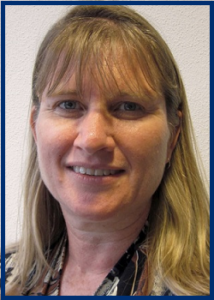
This work is licensed under a Creative Commons Attribution-NonCommercial-NoDerivs 3.0 Unported License

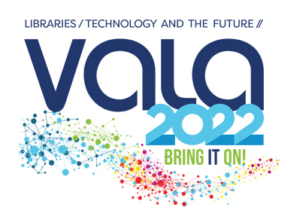
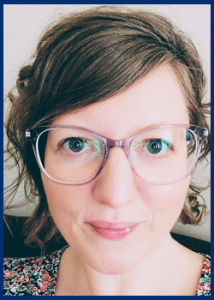 Biography
Biography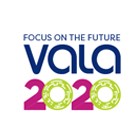
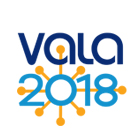


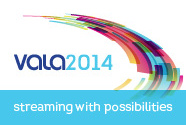
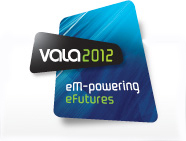
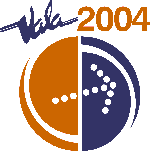
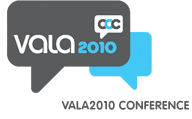 Keeping up: strategic use of online social networks for librarian current awareness
Keeping up: strategic use of online social networks for librarian current awareness